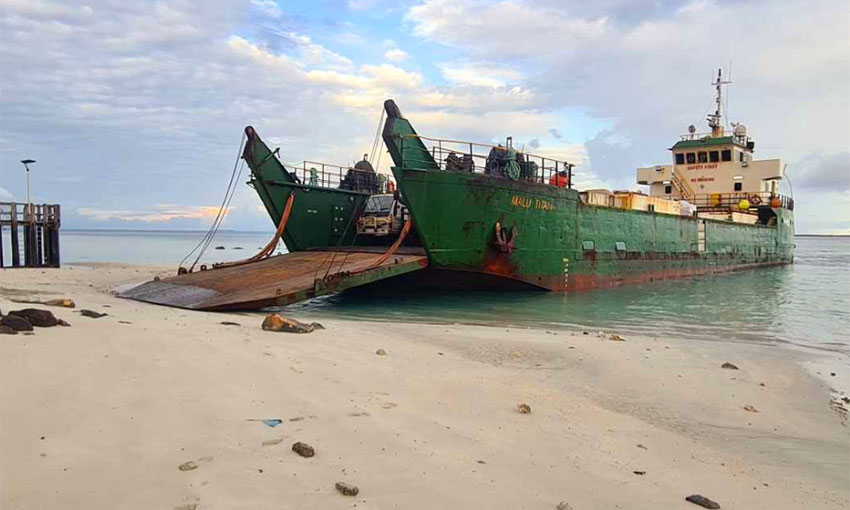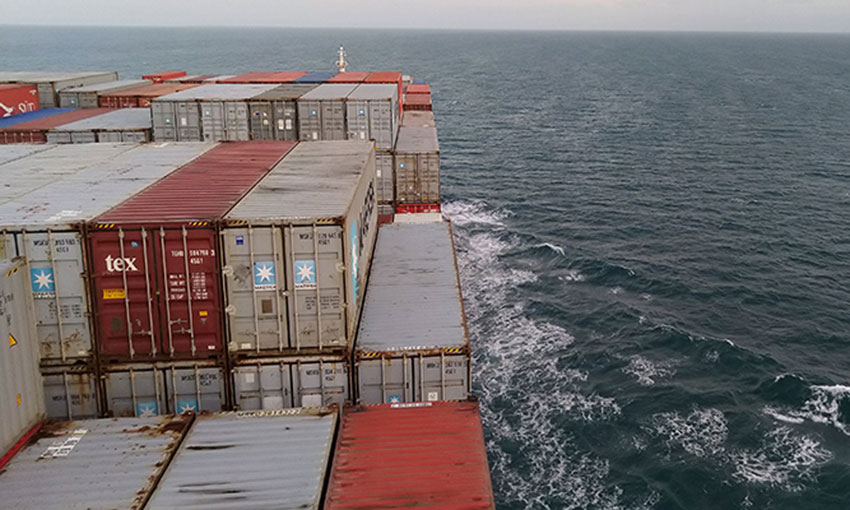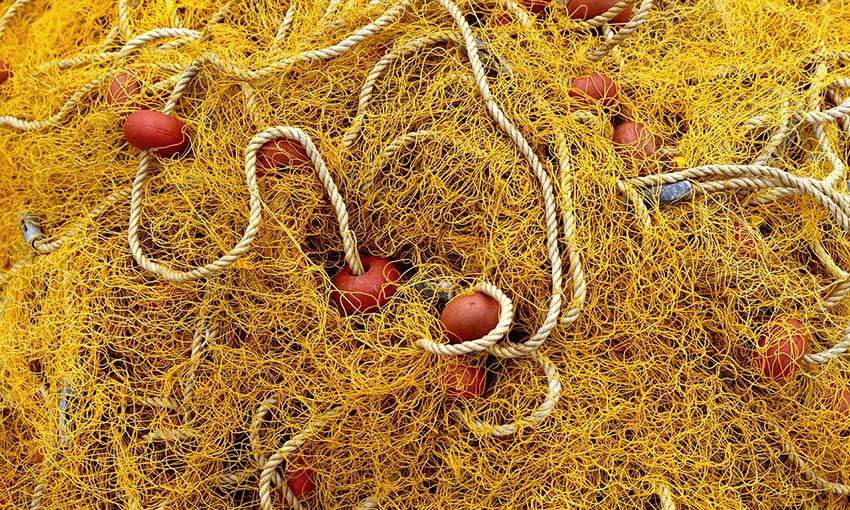SEA Swift and the Torres Strait Island Regional Council (TSIRC) are teaming up to ask the state and federal government to help them improve marine infrastructure in the Torres Strait.
The move comes after the organisations had to overcome recent challenges in the delivery of key freight to the region.
The partnership has been announced after Masig Island residents were recently left isolated due to severe weather events and ramp conditions.
Masig Island annually encounters challenging environmental conditions leading to excess sand on the ramp which can prevent deliveries or vessel landings.
A Sea Swift vessel attempted to access the island several times last week, with all attempts unsuccessful due to conditions before TSIRC workers solved the issue over the weekend.
While working with the high tide early on 9 and 10 February, TSIRC removed approximately 100 tonnes of wet sand from the ramp between 2am and 6am.
This work performed by the council enabled the Sea Swift vessel to successfully arrive on Masig Island on Sunday, 11 February, at 8.30am.
Sea Swift managing director Chris Pearce praised the work done to get his vessel successfully landed.
“Teams at both TSIRC and Sea Swift should be congratulated for the mammoth effort it took to finally provide for the Masig Island community at this time,” Mr Pearce said.“
“Sea Swift will continue to work closely with the council to ensure all communities and locations in the Torres Strait have ongoing food and supply security this wet season.”
TSIRC chief executive officer James William and Mr Pearce are now lobbying relevant government agencies for support in northern Australia’s remote and coastal communities.
The pair will travel to some of the most challenged islands represented by TSIRC to understand the challenges the vessel crews and communities respectively face in terms of delivery and supply.
Mr William said that many island communities face significant challenges in the region regarding ageing infrastructure, particularly marine assets such as ramps, jetties, and channels.
“In a fresh approach, TSIRC and Sea Swift are now working closely together to better understand these challenges and formulating options to advocate to both State and Commonwealth Government to invest into the region,” Mr William said.
Mr Pearce said that these are complex historical issues that can be solved with solid collaboration between the council and Sea Swift as well the continued commitment of investment from state and commonwealth stakeholders.
“We want to work together with all stakeholders towards continual improvements to vital infrastructure which underpin critical services to this important region,” he said.



